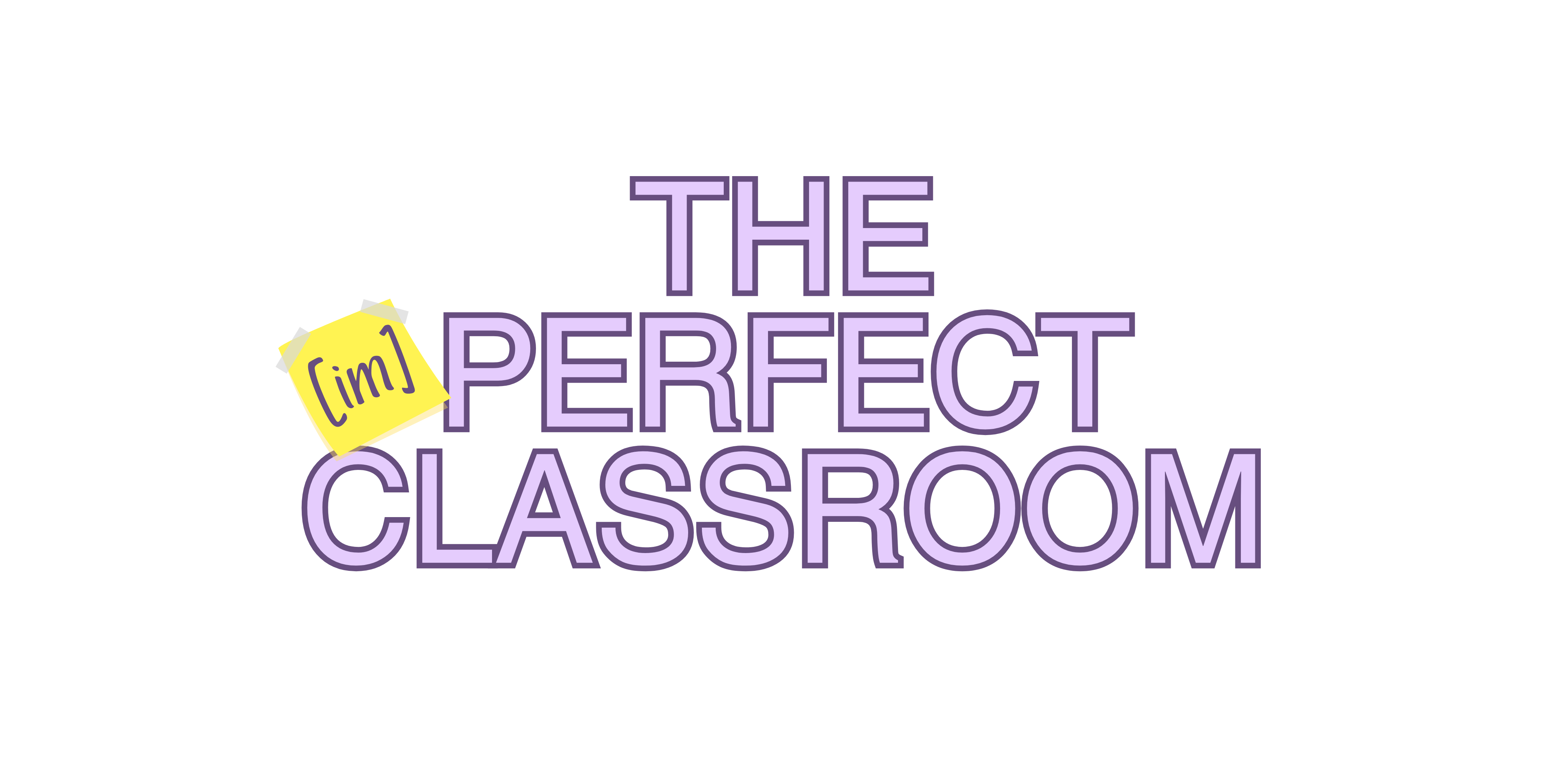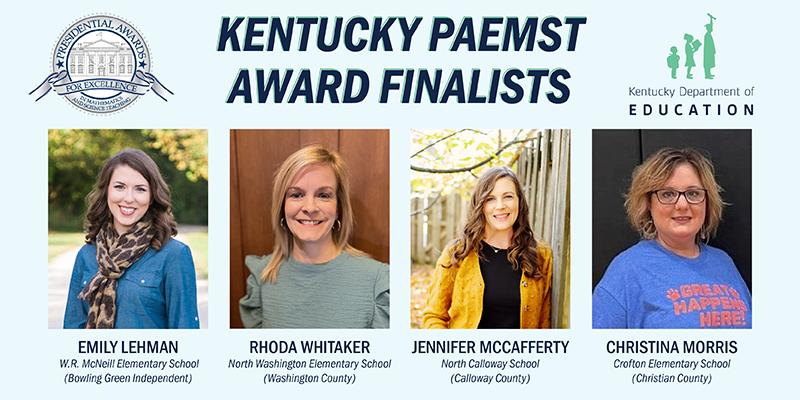An audit of Kentucky school Program Reviews showed that the audited schools overscored their programs in K-3, writing, practical living/career studies, and arts and humanities, the Kentucky Board of Education learned at its meeting today.
Earlier this year, in response to Senate Bill 1 (2009), Kentucky Department of Education (KDE) staff designed and implemented an audit process for Program Reviews at eight schools across the state.
The purpose was to evaluate the consistency between school ratings, evidence provided to support the ratings, and the perceptions of students, parents and faculty. A KDE audit team looked at about a quarter of the indicators across four areas of each program review: curriculum and instruction, formative and summative assessment, professional learning, and leadership support and monitoring the team conducted an on-site visit as well interviews at the school.
The audit team disagreed with the school self-evaluation score 63 percent of the time, with every disagreement being an overscore by the school. The audit report states, “this finding indicates that schools do not understand the procedure for evaluating their programs.”
One recommendation is to encourage schools to revisit the purposes of the program reviews, which include:
- improving the quality teaching and learning for all students in all programs
- allowing equal access to all students the skills that will assist them in being productive citizens
- allowing student demonstration of understanding beyond a paper-and-pencil test
- ensuring a school-wide natural integration of the program skills across all contents, beyond the program areas
In addition, KDE program staff will provide ongoing leadership, service and support to schools in the interest of program improvement, including offering audit training to interested school/district staff so that they may use the process for internal continuous improvement.
Senate Bill 1 (2009) requires schools to self-assess programs to ensure all students have opportunity and access to high quality learning in program areas that are typically difficult to assess on the student level through traditional tests. Program Reviews combine to count as 20 percent of a school’s and district’s overall accountability score.
In other business, the state board unanimously approved the second reading of 704 KAR 3:303, Kentucky
Core Academic Standards (Arts). The standards are built upon four artistic processes – creating; performing, presenting and producing; responding; and connecting – and 11 overarching anchor standards in five disciplines: dance, media arts, music, theatre, and visual arts. The proposed arts and humanities standards include discipline-specific performance standards. The National Coalition for Core Arts Standards, led by Kentucky educator Phil Shepherd, developed the new standards and involved more than 70 writers with the input of more than 6,000 reviewers. A Kentucky-specific review of the proposed standards conducted last fall indicated that more than 90 percent of respondents agreed with the standards. The current timetable calls for the new arts standards to be fully implemented in Kentucky schools in the 2016-17 school year.
The arts standards meet the mandates set forth in Senate Bill 1 (2009) for standards that are:
- focused on critical knowledge, skills, and capacities needed for success in the global economy;
- fewer but more in-depth to facilitate mastery learning;
- based on evidence-based research;
- internationally benchmarked; and
- aligned from elementary to high school to postsecondary education so that students can be successful at each education level.
Also, during its meeting, the board recognized 11 Alternative Programs of Distinction. An alternative education program exists to meet the needs of students that cannot be addressed in a traditional classroom setting.
During the afternoon, education strategist Monica Martinez led the board in a study session on the book, Deeper Learning, which she co-authored with sociologist Dennis McGrath. The book focuses on what is needed in public schools to transform learning so that students are equipped with the essential skills needed for success in today’s world.



Leave A Comment